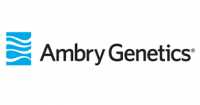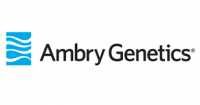Author Interviews, Brigham & Women's - Harvard, Cost of Health Care, JAMA / 22.08.2018
Combination Brand Name Drugs Cost Medicare Millions More Than Separate Generic Pills
MedicalResearch.com Interview with:
Chana A. Sacks, MD, MPH
Program On Regulation, Therapeutics, And Law (PORTAL)
Division of Pharmacoepidemiology and Pharmacoeconomics
Brigham and Women’s Hospital
MedicalResearch.com: What is the background for this study? What are the main findings?
Response: Combination pills combine multiple medications into a single dosage form. There have been case reports in recent years of high prices for certain brand-name combination drugs – even those that are made up of generic medications.
Our study looks at this phenomenon in a systematic way using recently released Medicare spending data. We evaluated 29 combination drugs and found that approximately $925 million dollars could potentially have been saved in 2016 alone had generic constituents been prescribed as individual pills instead of using the combination products.
For example, Medicare reported spending more than $20 per dose of the combination pill Duexis, more than 70 times the price of its two over-the-counter constituent medications, famotidine and ibuprofen.
The findings in this study held true even for brand-name combination products that have generic versions of the combination pill. For example, Medicare reported spending more than $14 for each dose of brand-name Percocet for more than 4,000 patients, despite the existence of a generic combination oxycodone/acetaminophen product. (more…)


































